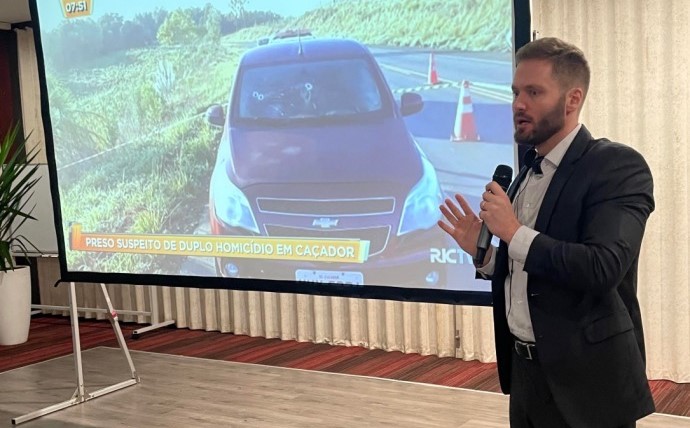Indonesia's Ambassador to Suiname, Julang Pujianto, CTI's Head of Secretariat, Gayethri M. Pillay, and Knut D. Asplund from the NCHR, also delivered opening addresses.
Suriname, a country four times the size of the Netherlands, located on the Caribbean coast of South America, ratified the UN Convention against Torture and Other Cruel, Inhuman or Degrading Treatment or Punishment in 2021. Against this backdrop, a workshop was held in Paramaribo on April 22-24, 2024, to explore how Suriname could best comply with the provisions under the "Torture Convention," including reporting obligations.
A step towards aligning policing practices in Suriname with international human rights standards
The participants from Suriname, which included police detectives, military police, police academy teachers, prosecutors, and police leaders, benefitted from engaging with experts such as psychologist Dr. William Cecconello from CogJus, Police Commissioner Fernando Guzzi from Brazil, and Superintendent Dr. Asbjørn Rachlew from NCHR/Oslo Police District. Through interactive sessions, the fragility of human memory and the selectivity in processing information was demonstrated, and real-life criminal cases were presented to showcase the application of investigative interviewing methods.

During breaks and after his lectures Police Commissioner Fernando Guzzi, from the Civil Police in Santa Caterina, Brazil, experienced that many of his Surinamese colleagues were eager to learn more about the Brazilian experience with investigative interviewing.
While summing up the three days of training, the participants pronounced that investigative interviewing is the way forward for the Surinamese police. Moreover, the participants underscored the need for follow-up and more practical interview training. They also emphasized the importance of strengthening cooperation between the police and the prosecution service and explore how video and audio recordings of interviews, particularly in serious criminal cases could become mandatory. The participants highlighted the significance of approaching interviews with an open mind and being respectful towards the interviewee, whether they are victims, witnesses, or suspects of crime.
“We must be more aware of what investigative hypothesis we are pursuing during our investigations and start out with open questions before we move on to more specific questions”, stated one of the participants.
The training served as a crucial step towards aligning policing practices in Suriname with international human rights standards, particularly in the context of conducting investigations and safeguarding the rights of those subject to legal processes.
